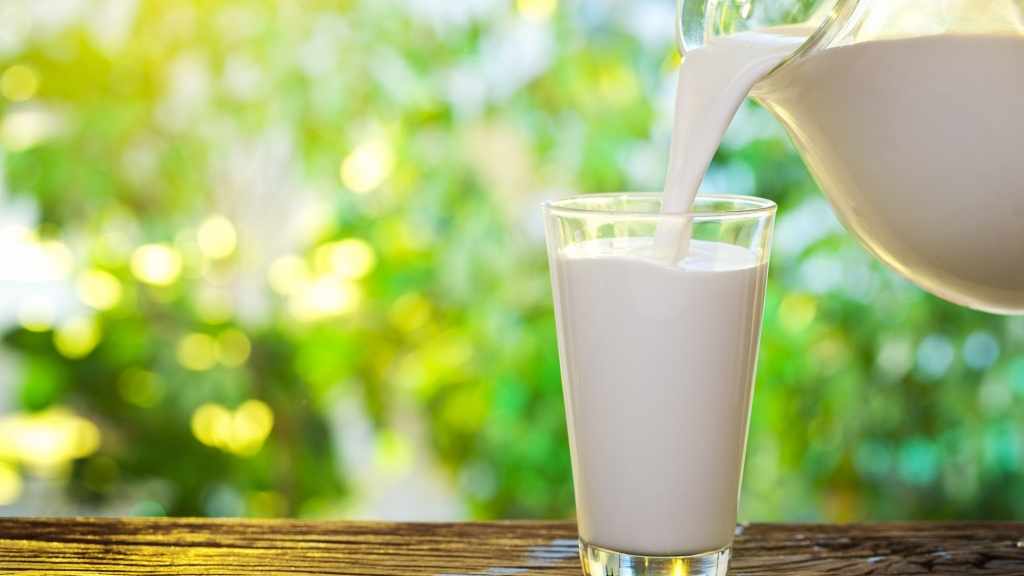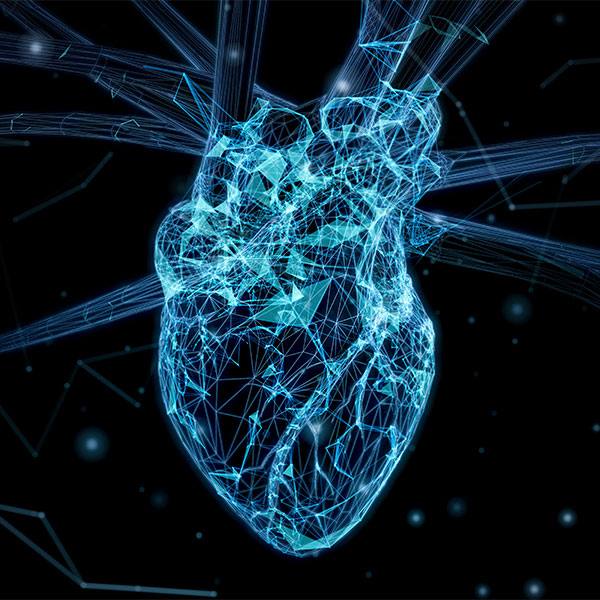-
Infectious Diseases A-Z: Raw milk, cheese linked to brucellosis
 People who consumed raw or unpasteurized milk from a Pennsylvania farm may have been exposed to Brucella strain RB51 — a drug-resistant bacteria that can lead to brucellosis. This strain is resistant to rifampin, one of the antibiotics most often used to prevent or treat brucellosis, according to the Centers for Disease Control and Prevention.
People who consumed raw or unpasteurized milk from a Pennsylvania farm may have been exposed to Brucella strain RB51 — a drug-resistant bacteria that can lead to brucellosis. This strain is resistant to rifampin, one of the antibiotics most often used to prevent or treat brucellosis, according to the Centers for Disease Control and Prevention.
"Most commonly, people will get brucellosis by consumption of unpasteurized milk or milk products, such as raw milk or raw cheese," says Dr. Pritish Tosh, an infectious diseases specialist at Mayo Clinic. "Brucellosis can cause severe infections including bloodstream infections, infections of the bone and the joint, and also potentially infections of the heart, among others."
Watch: Dr. Pritish Tosh discusses brucellosis.
Journalists: Broadcast-quality sound bites with Dr. Pritish Tosh are in the downloads at the end of the post. Please 'Courtesy: Mayo Clinic News Network.'
Dr. Tosh says some people have been opting for raw or unpasteurized milk more recently without understanding possible health outcomes. "By pasteurization, we're killing off several different kinds of bacteria — E. coli, for instance — that cause diarrhea but also some more severe infections, such as brucellosis, which can cause infections throughout the body, including the bone and joints."
Early symptoms of brucellosis infection are similar to influenza and may take from five days to six months to appear. Treatment with antibiotics may take six to eight weeks, and recovery may take up to several months.
The best prevention against infection is to avoid raw milk products and ensure dairy products have been pasteurized. Dr. Tosh says pasteurization has been an intervention that has saved countless lives and is safe. "Consuming unpasteurized milk products, including raw milk or raw cheeses, poses a health risk," says Dr. Tosh.







